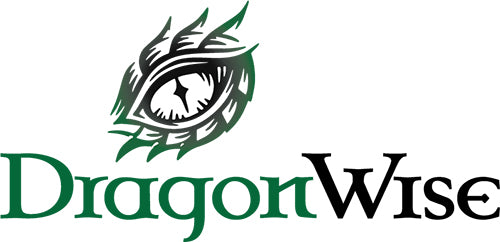Masks Around the World: Kenya
In the wake of the Covid-19 virus, wearing face masks was made compulsory by the Kenyan government, as in many countries all over the world. Failure to wearing a mask can lead to arrest and attract a jail term not exceeding six months, a fine not exceeding Kenya Shillings 20000 (the equivalent of $200), or both.
Whereas many Kenyans wear masks in a bid to lower the curve in spreading the virus, a good number wear them to avoid arrest. The Kenyan police are very quick to arrest anybody not adhering to this directive. Their motivation is different. This is a cash cow for the police because residents would rather part with a few shillings for the police to look the other way than to risk spending hours haggling over the penalties.
It is not an unusual scene to see members of the public quickly put on these masks when the police officers appear in the vicinity. And as quickly as the masks come on, they are yanked out of the faces very fast, as soon as the ‘threat’ is gone.
One time I was taking my daughters to the hair salon and as we were walking to catch the bus we didn’t have our masks on. It was just us on the path leading to the bus stop and we needed to breathe in some unrestricted air. As we approached the bus stop we came across boda boda (motorcycles taxis) riders who were ferrying passengers. “Wear your masks, there are policemen in the direction you are going.” We quickly pulled out our masks from my bag and put them on. That was close!
The Challenge of Masking
It was not easy to get masks when the pandemic first broke. With the increased demand, a box of 50 surgical masks surged from Sh500 to Sh2000 for wholesalers and Sh2500 to Sh3000 for retailers. People opted to make makeshift masks in order to be allowed in the public spaces like supermarkets and access services in the banks and public transport.
In the midst of the pandemic, a young fashion designer, David Avido, stepped in and provided a solution to the people of Kibera, East Africa’s largest informal settlement. This was where he was born and brought up and so he took upon himself to take care of his own.
Together with his friends, they got to work. Working from a four-room house, they made face masks out of the Ankara fabric, distributing them free-of-charge to the residents. Through his Uweza Foundation, David started with a team of 15 people and met the need of many who couldn’t afford the ‘luxury’ of face masks.
Majority of shops stocking retail goods are now seen selling masks. The price has also gone down as the supply has increased. Hawkers walk around the streets with masks in small boxes looking to make a quick sale. The face masks come in great variety.
There are masks branded different football teams. These sold like hot cakes when they first came to the scene as people rushed to buy the masks that showed solidarity with their favorite teams.
There are also masks branded the Kenyan flag, a hit with those wanting to show loyalty to their country.
Kenyan Creativity
Kenyans have gotten very creative with the face masks. Some companies were quick to shift gears and move into the face-masking industry. They saw a need and they moved to meet it. One such company is the fashion house, Vivo Kenya. Their masks, made out of the kitenge fabric are three-ply, and are breathable, washable and reusable.
Another company that made a shift into making masks is Sandstorm Kenya. They are well known for their luxurious leather bags and trade under the ‘Made in Kenya’ mantra. They shifted from the leather bags to making face masks which were more needed at the time.
Sao Satorial is a company that is designing face masks with a slight twist. All their masks feature a + sign as a reminder to stay positive during these uncertain times.
The "New Normal"
In the recent days, people are not wearing masks as much as they did before. This has nothing to do with an improvement in the health issues or a drop in numbers of new infections. People just seem tired of the masks. They feel too bothered. The masks are restrictive.
You will find people with masks around their chins, comfortably going about their businesses. These will be pulled back up to the right place when the need arises, read, when policemen are patrolling the area. There has also been a misconception that you can remove your masks when you are around family and friends. It’s almost like that’s the way to show each other you are comfortable being in each other’s space.
You are also likely to see someone wearing a mask before entering a supermarket and as soon as they get out, off goes the mask! Seems like this ‘new normal’ is going to take a while before it’s totally embraced.










